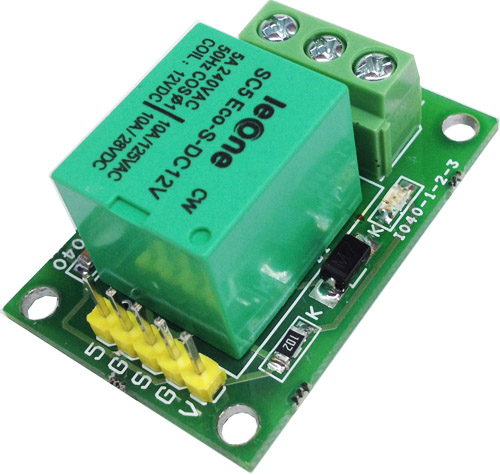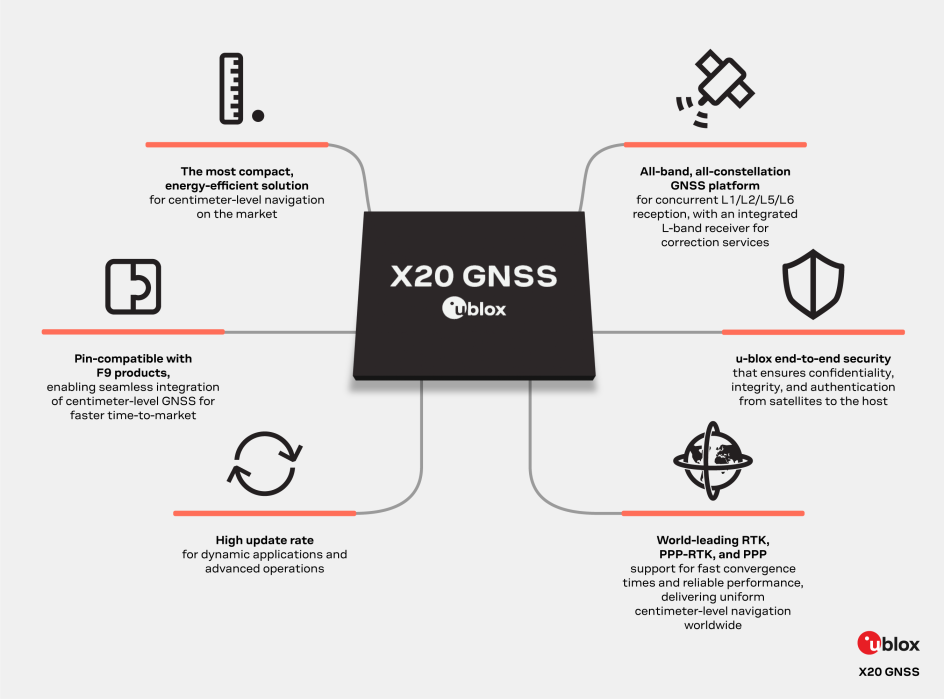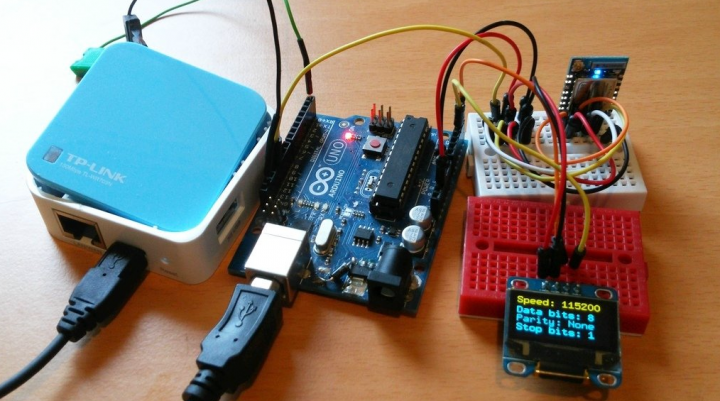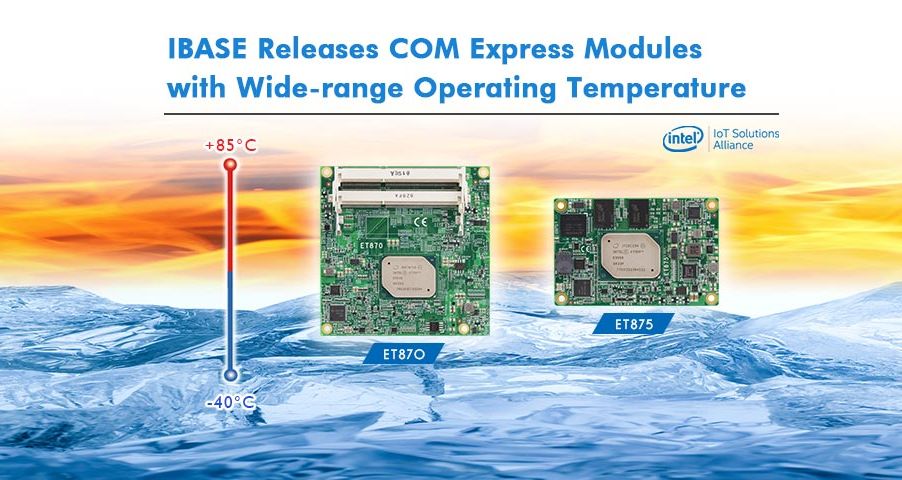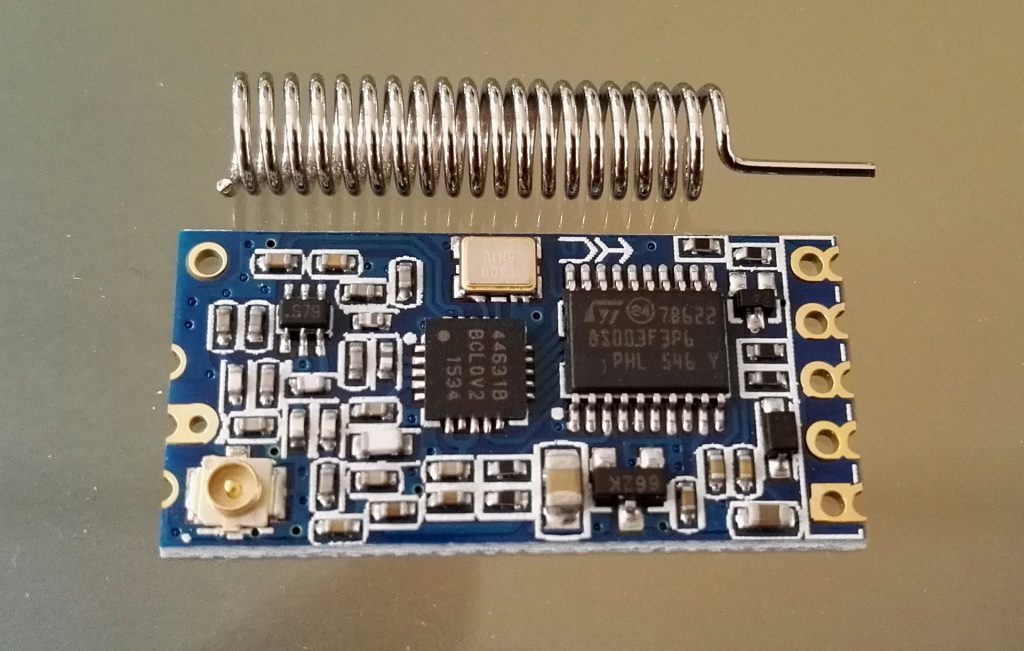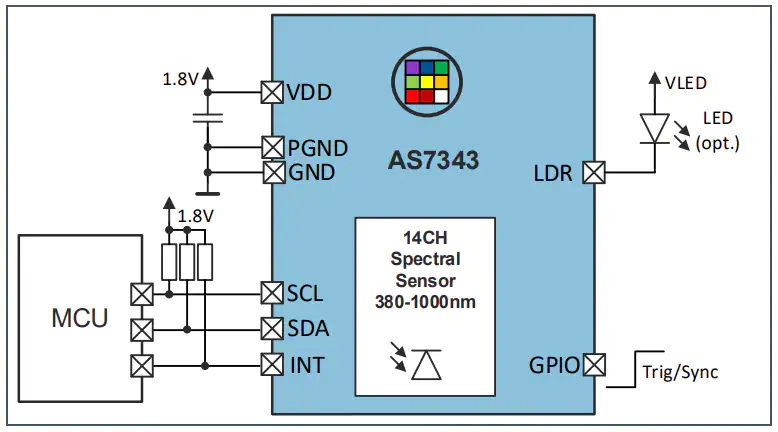Raspberry Pi Dives Into The Microcontroller World With The New Raspberry Pi Pico
Today, we woke up to some very interesting news. The Raspberry Pi foundation is finally taking their first steps in Arduino territory! Well, not quite, as they are more working together than rivaling each other. After both companies dominate the maker market with their widely popular, easy to use boards that the community loves, the Raspberry Pi Pico comes in, a blazing fast and peripherall-rich microcontroller, based on the brand new RP2040 chip.

The Raspberry Pi Pico is a dual-core microcontroller board available for a mere $4, but the star of the show is not even the price, ιτ is their RP2040 chip. With specifications that are mind-boggling for the price and an extremely detailed release, I believe we are in for a treat.
Here are the specifications, to back up the high pedestal I placed it in:
- Dual Core ARM Cortex-M0+ processor, with a configurable clock that goes as high as 133 MHz
- Memories: 264 kB SRAM and 2 MB of on-board Flash
- Peripherals: 26x GPIO pins, with access to 2x SPI, 2x I2C, 2x UART, 3x 12-bit ADC and 16x PWM channels
- Hardware accelerated floating-point libraries
- USB 1.1 with device and host support. Easy drag-and-drop programming
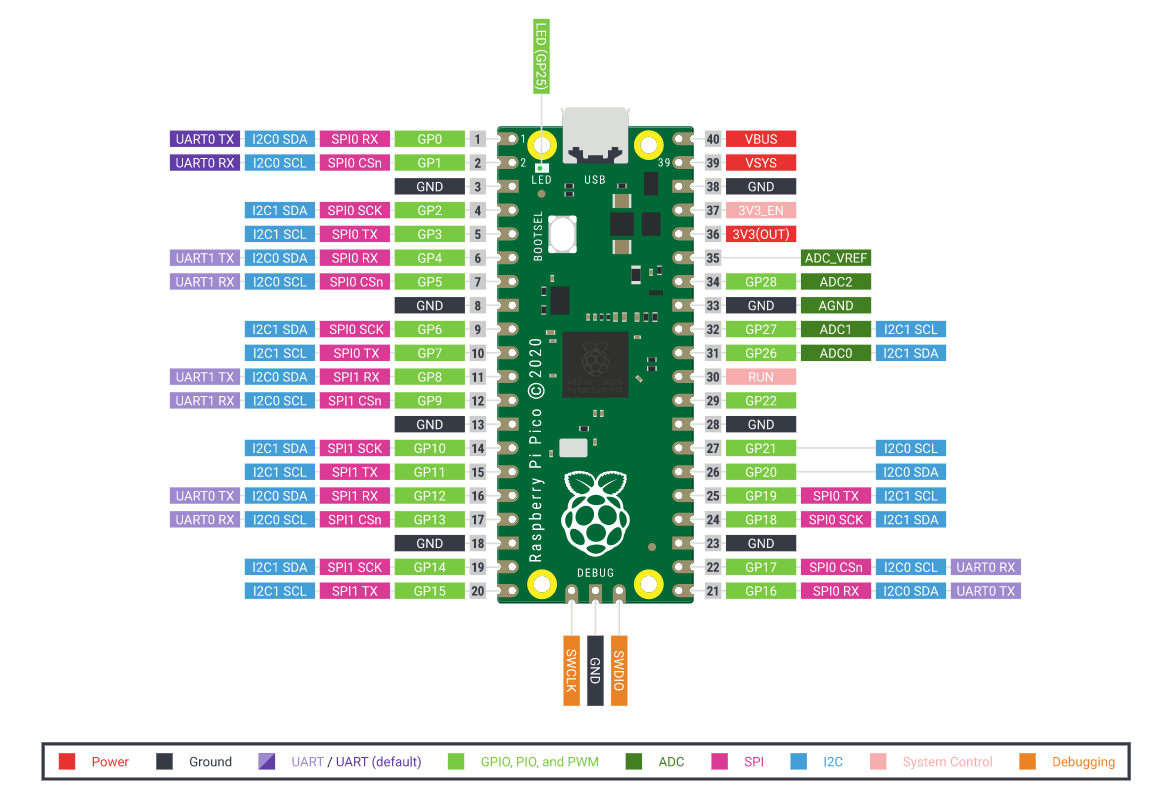
Regarding software, you get the popular C/C++ and Micropython development environments, and I want to just take a second and praise their incredible documentation! Now, all documentation should be done like this, easy for us to grasp and be ready to develop in the time it takes to ship one to our house (and disinfect it with alcohol, sure). Unfortunately, it is becoming more and more a rare beauty, and many manufacturers should see that they are losing a lot of customers by not taking the time to make these readily-available documents and examples.
What may seem confusing at first is how they are working together. That is an easy answer and is not only related to Arduino, but also to other companies that take a huge share of the maker market, such as Adafruit and Sparkfun. They are all creating their own “adaptations” of the Raspberry Pi Pico, by making use of the RP2040 chip and bringing it to their own world. Arduino, with the Nano RP2040 connect, which adds external SPI Flash, Wi-Fi and Bluetooth and other things to the mix, Adafruit, placing the brand-new silicon in their Feather form, and SparkFun, creating 3 different variations of it. And there are more, I just mentioned these. And they are not available yet, so you have the time to decide on your favorite.
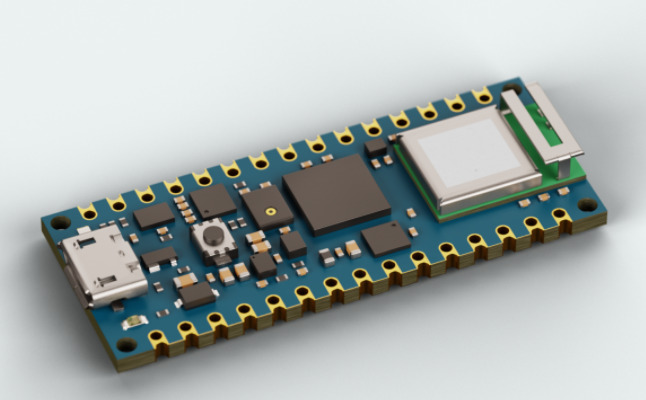
Can we call it all a delayed Christmas present? I just love it when communities unite instead of cancelling each other out, and here we have a magnificent example of it. With boards for every taste, it will be difficult to decide which RP2040 I am going to use. One thing is for use: I will.
Raspberry Pi Pico link: https://www.raspberrypi.org/products/raspberry-pi-pico/





